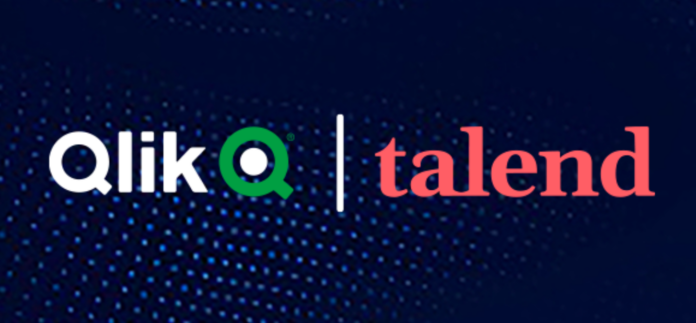Qlik has closed its acquisition of Talend, expanding the company’s capabilities for modern enterprises to access, transform, trust, analyse, and take action with data.
Led by CEO Mike Capone, the combined entity is the latest chapter in the company’s efforts to deliver best-in-class data integration, data quality, and analytics solutions.
“Qlik, together with Talend, will bring significant benefits to customers, including expanded product offerings, enhanced support and services, and increased investments in innovation and R&D,” said Capone.
“Qlik’s broad expertise in data integration, analytics, AI and machine learning combined with Talend’s data integration and data quality solutions, will provide customers the most comprehensive solution in the industry,” he said.
As data fragmentation, driven by thousands of sources and targets, has increased, organisations have had to choose from incomplete legacy solutions, cloud lock-in, or multiple disparate point solutions — all of which come with cost and innovation risks.
With Talend, Qlik brings a new approach, offering a full range of capabilities, helping customers eliminate technical debt and cost while increasing enterprise confidence that trusted data is available for decision making when it matters most.
Mike Leone, principal analyst for analytics and AI at the Enterprise Strategy Group, these are two market-leading companies that will enable their customers to benefit across the data and analytics lifecycle regardless of where they are in their digital transformation journey.
“By marrying Qlik’s existing presence in the data integration space with Talend, customers will see more robust data integration capabilities and powerful data governance to deliver the confidence and trust they desire,” said Leone.
Qlik and Talend solutions are complementary, extending the capabilities in many vital areas such as data quality, transformation, application connectivity, and API services.
Also, Qlik will continue to remain open to virtually any data source, target, architecture, or methodology, ensuring customers always have the data they need, whenever they need it.
















